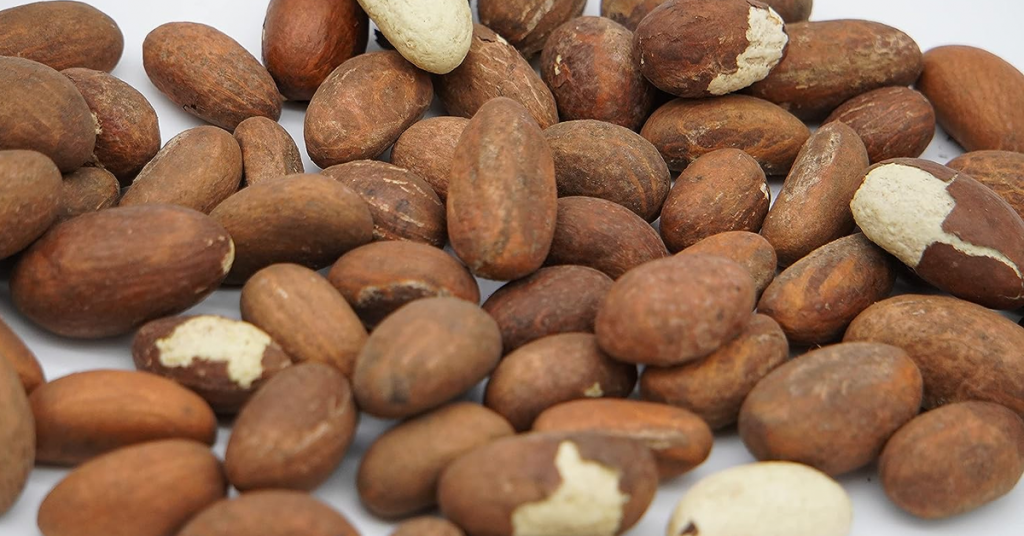Nigeria’s bitter kola farming, once facing decline, is witnessing a resurgence. The driving forces behind this revival are rising local consumption and a surge in exports. Following Nigeria’s first Covid outbreak in 2020, the local consumption of the nut doubled. Many Nigerians viewed it as a natural immune booster against the virus.
Kola Hassan, an FMCG firm distributor, began consuming bitter kola in 2020 as a health precaution and has maintained the habit due to its medicinal properties. Similarly, many shared how the nut was instrumental in alleviating health concerns during the pandemic.
Scientifically named ‘Garcinia Kola’, bitter kola has a long-standing reputation in Nigeria for its medical benefits. It plays a significant role in cultural practices and is often presented to guests during special occasions.
The recent surge in demand has shifted the fate of this once diminishing cash-crop. Farmers are now benefitting from the heightened interest. According to Ayopo Somefun, an Ogun State farmer, there’s been a renewed focus on bitter kola cultivation. “Bitter kola trees were endangered before…but the high demand is changing all that,” he noted.
However, Nigeria’s current supply does not meet the increased demand, necessitating imports from neighbouring African countries.
Maryam Suwara, a bitter kola trader in Lagos, affirmed the skyrocketing demand and prices. Presently, a paint rubber of nuts can fetch between N37,000 and N40,000.
On the global front, the nut’s export potential is vast. With a rising demand in countries like China, Indonesia, Thailand, and Japan, Nigerian exporters can tap into this market for a substantial foreign exchange.
Adekunle Gbadebo, a commodity trader, emphasized its enormous export potential. He noted that although export volumes are currently low, they are expected to increase with time. The nut has diverse applications, from medicinal uses to its incorporation in the brewery industry.
In conclusion, as the global appetite for bitter kola grows, it not only holds the potential to boost Nigeria’s economy but also reinforces the significance of agriculture in the nation’s financial landscape.

